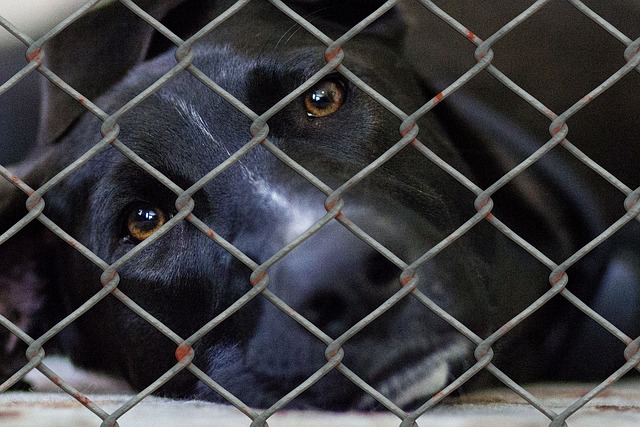As more states in the U.S. contemplate becoming ‘no-kill’ (forbidding animals from being fatally treated) animal shelters are striving to push North Carolina into embracing such an attitude.
In recent years, North Carolina has been responsible for some of the highest numbers of cats and dogs killed in animal shelters in the country. If their statistics are to improve over time, a well-devised plan must be put in motion.
Laura Pegler, a resident of Durham, North Carolina who is actively involved in the area’s dog and cat rescue operations, commits ample time towards aiding animals and educating the public on various topics, such as the importance of spaying and neutering your pets.
She has demonstrated how animal rescue groups are working to bring North Carolina into an agreement that would see it join the group of ‘no-kill’ states.
Best Friends Animal Society
Best Friends Animal Society, an “animal welfare organization” that seeks to end the “killing of cats and dogs” in animal shelters throughout the country, conducted a study which proved that 246,000 cats and dogs entered North Carolina shelters in 2018. Of them, 167,000 were rescued and 55,900 were killed.
As a result, North Carolina trailed only California and Texas in regards to the number of animals killed that year (Texas had 661,000 cats and dogs enter shelters, with 114,000 being killed, while California saw 715,000 enter shelters and 111,000 killed).
Within the country, a total of 733,000 cats and dogs were killed in 2018, as North Carolina accounted for roughly 7.6 percent of those figures, according to the study.
Collecting data from shelters, government websites, coalitions at the state and local level, and through Freedom of Information Act Requests, researchers initiated plenty of access to assist their efforts.
What Classifies as a “No-Kill” State?
For the sake of discovering the number of cats and dogs killed in the shelters, researchers utilized the sum of its “non-live outcomes”, focusing on animals that died in care, were lost in care or were classified as “shelter deaths”, Laura Peglers says.
Afterwards, they subtracted 10 percent of the total cat and dog intake from that number, giving them the no-kill standard of a 90 percent save rate. In other words, for any state to be considered “no-kill”, at least 90 percent of all cats and dogs that enter its shelters are saved. An estimated 10 percent of animals killed are believed to have been euthanized for humane reasons, based on this approach.
Best Friends Animal Society used this data to develop the “community life-saving dashboard”, revealing data on animal shelters in every state and at the community level. Also, the tool grants people access to view data from individual shelters.
North Carolina had 39 “no-kill communities”, evidenced by the life-saving dashboard; however, the majority of communities were perceived as “not yet to kill”.
The study states that these “no-kill communities” are those which “embrace and promote” a “collective responsibility” for the well-being of pets in the community and in shelters, value life-saving actions for animals, and reserve euthanasia to end the suffering of an animal or for cases where an animal is unsafe to rehabilitate or place in a community.
Recognized as the country’s biggest “no-kill sanctuary for companion animals”, Best Friends Animal Society continues its persistent efforts to encourage more states and communities to join this tremendous cause.
Laura Pegler on Future Plans and Ambitions
By 2025, Best Friends Animal Society and its partners in the state hope to create a North Carolina that adheres to the no-kill policy, part of a national no-kill campaign for shelter animals at the same date.
Laura Pegler notes that some promising signs of intention and results have already sprung forward: the governor of California announced his aim to make California a no-kill state by using taxpayer dollars, and Delaware became the first no-kill state in the U.S. last year, reaching the 90-percent figure established by Best Friends Animal Society.
Best Friends Animal Society has motivated North Carolina residents to get involved in the state wide 2025 campaign, urging people to join the state’s action team, signing up for related legislative alerts and contacting local shelters to uncover what kind of help they require.




